
When we read in the Bhagavad-gita’s first chapter how Arjuna experienced an emotional breakdown, we may wonder: why was he so overwhelmed?
To understand, we need to familiarize ourselves with the tension he was undergoing. That ethical tension is more clearly articulated in the Mahabharata in its previous section (parva). The Bhagavad-gita occurs in the Mahabharata’s Bhishma-parva; the epic’s preceding section is the Udyoga-parva, wherein the Pandavas deliberate long and hard about the ethics of launching a war against their cousins. The tension that they contemplated then is indicated by Arjuna (01.36) wherein he uses the two words aggressors (atatayinah) and relatives (sva-jana) in the same verse, thereby highlighting his predicament on the Kurukshetra battlefield: his relatives had become aggressors.
Arjuna was torn between two ethical imperatives: his kshatriya-dharma (warrior duty as a martial guardian of society) and kula-dharma (dynastic duty as a leader in the Kuru dynasty). His warrior duty required him to punish aggressors, even taking their lives if necessary. In contrast, his dynastic duty required him to sacrifice for his relatives, even to the point of giving up his own life. What was he to do when those two duties collided head on — when the aggressors were his own relatives?
Consider a judge who cares both about doing their job impeccably and taking care of their family diligently. Suppose they have to adjudicate a case in which their son is charged with a crime that could lead to capital punishment. A judge in such a predicament would try to recuse themselves; usually, they would be expected to, even enjoined, to recuse.
Unfortunately, Arjuna had no such option. He was the foremost warrior in his army — and their fate depended on his decision. No wonder he felt overwhelmed.
One-sentence summary:
Arjuna felt torn between his duty to protect his relatives and his duty to protect society from those very relatives for they had turned aggressors.
Think it over:
- Why did Arjuna feel torn?
- Explain Arjuna’s tension with an example.
- How is that tension indicated in Gita 01.36?
***
01.36: Sin will overcome us if we slay such aggressors. Therefore it is not proper for us to kill the sons of Dhritashtra and our friends. What should we gain, O Krishna, husband of the goddess of fortune, and how could we be happy by killing our own kinsmen?
To know more about this verse, please click on the image

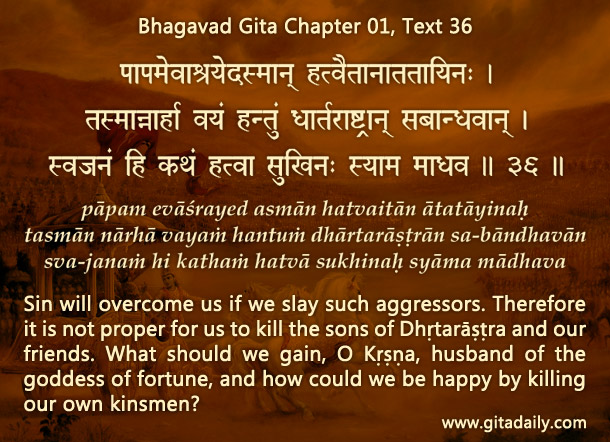

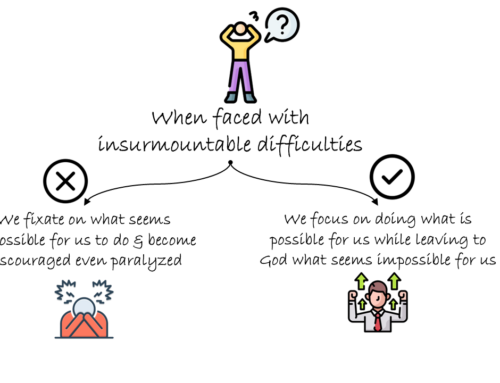

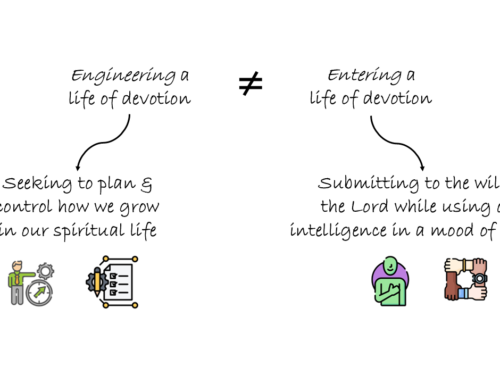

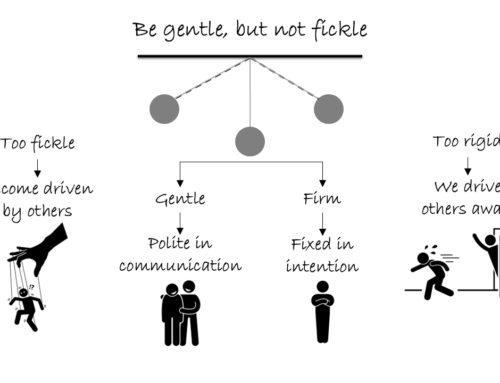
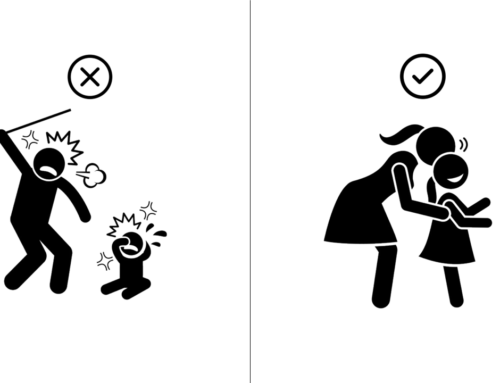
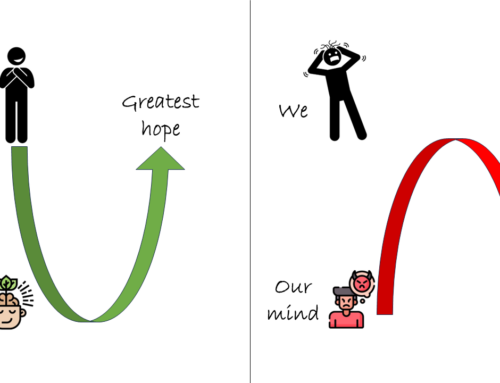
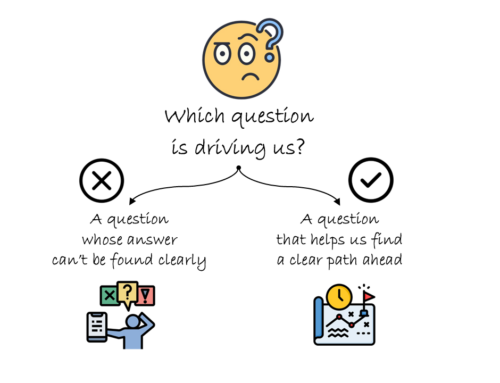
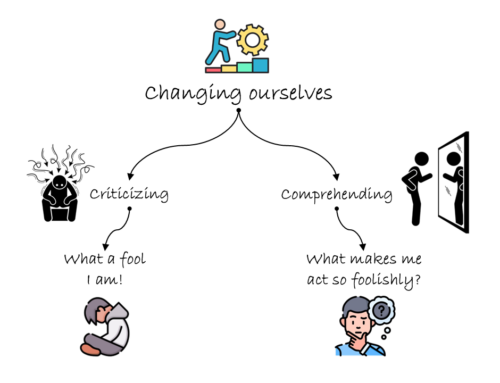
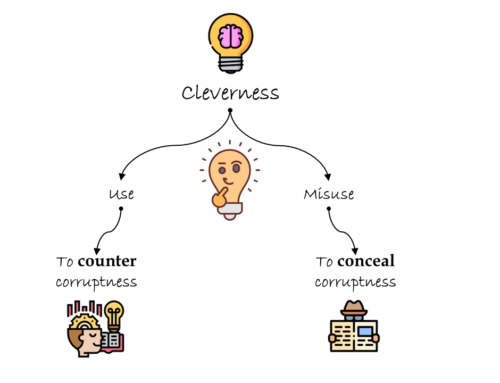
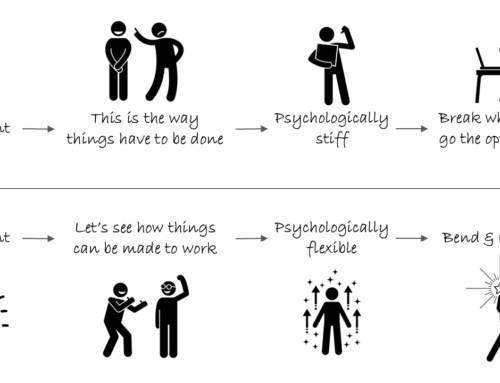
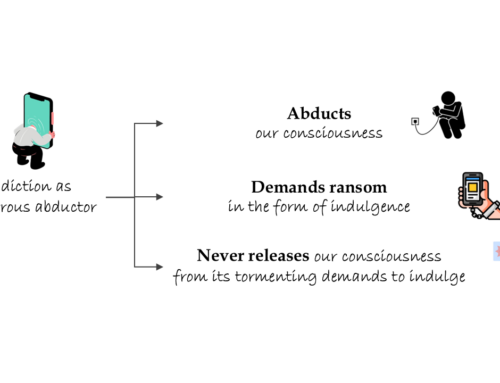
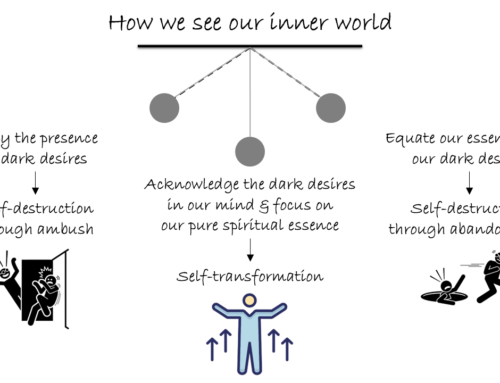
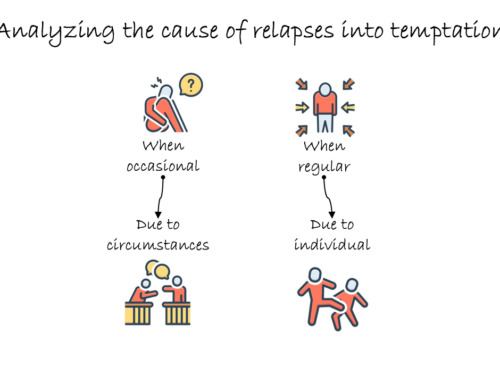
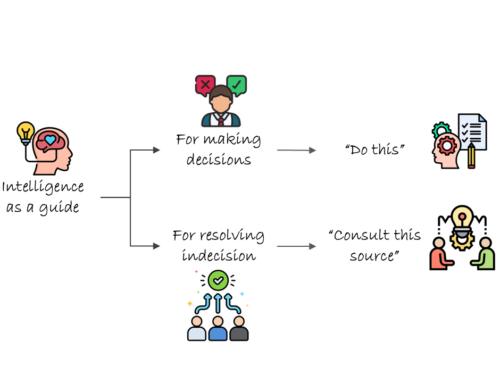
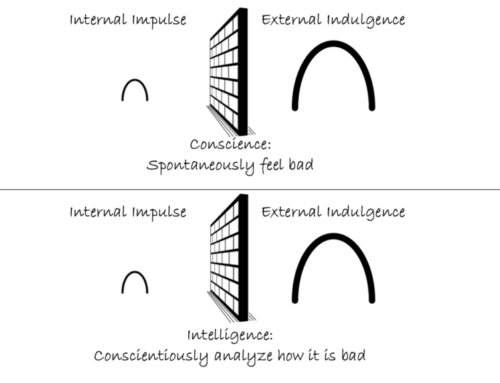
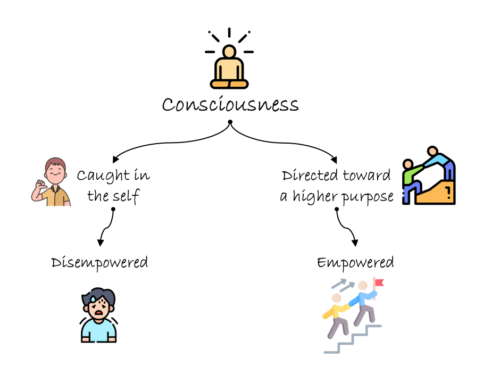
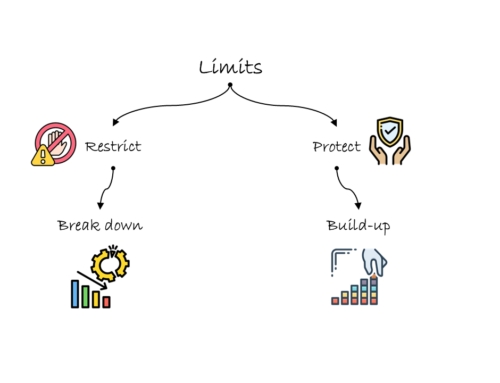
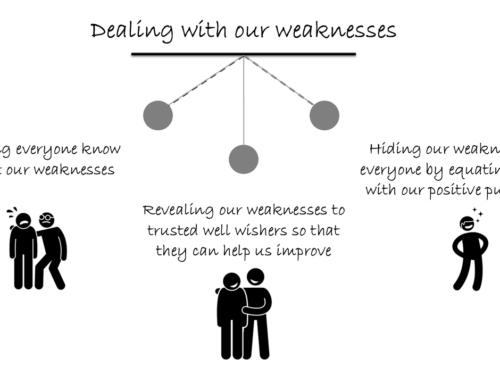
Hare Krishna,
Thank You very much prabhu ji – I like seeing comments on Bhagavat Gita in a new light.
Thank You once again 🙏
Thanks.
Mind always vacillates